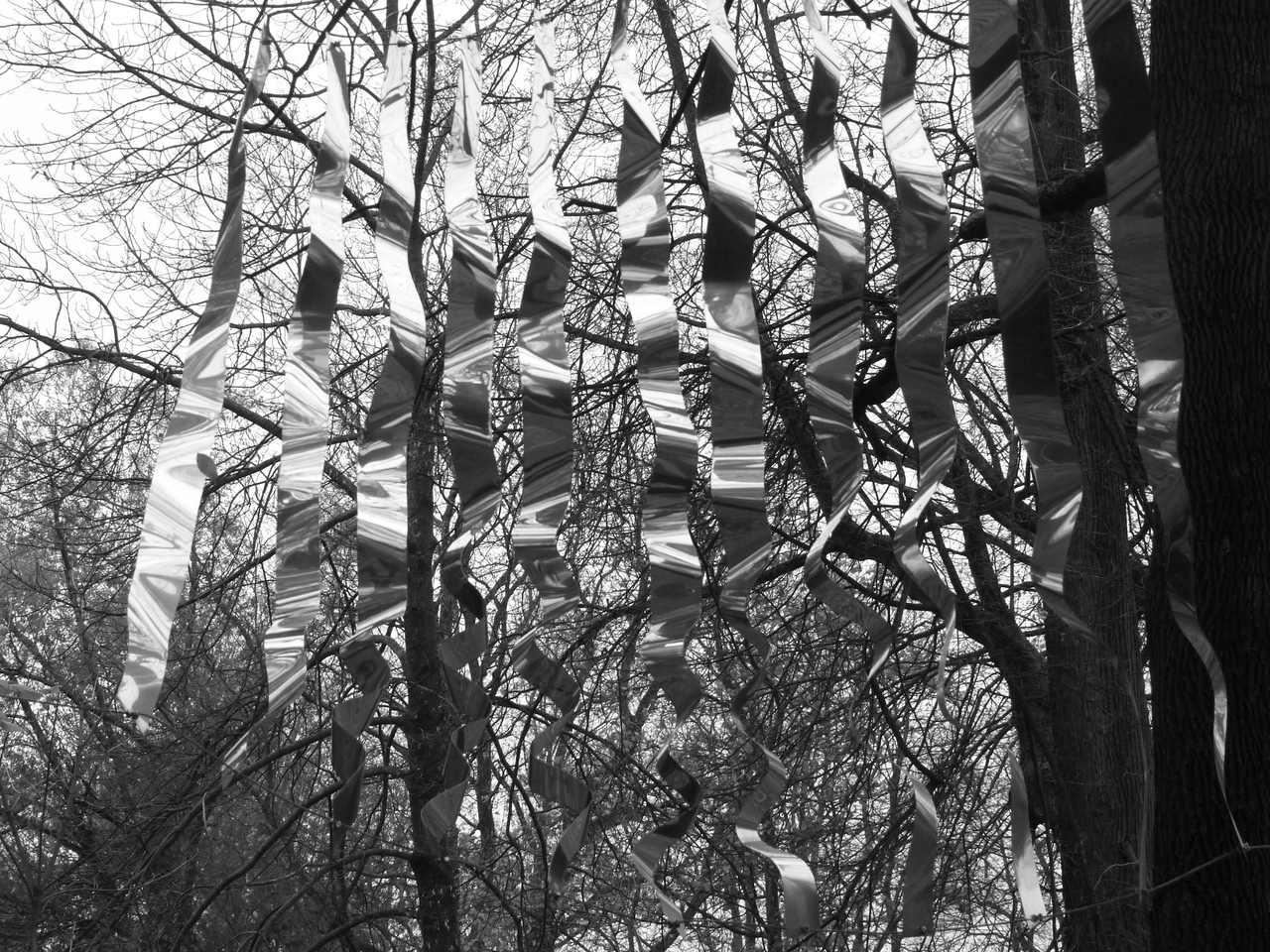
APPEL À PROPOSITIONS - Quatrième congrès international SIRFF/ASIFF : Fiction et mensonges
La Société Internationale des Recherches sur la Fiction et la Fictionnalité /Association for Studies in Fiction and Fictionality invite à soumettre des communications sur le thème « Fiction et mensonges » pour le quatrième congrès international SIRFF/ASIFF.
Vous avez jusqu'au 5 janvier 2026.
10-12 juin 2026
Université d'Édimbourg, Royaume-Uni
Avec le soutien de la
British Society of Aesthetics et de la Scots Philosophical Association
Conférenciers
- Professeure Eileen John (philosophie, Université de Warwick)
- Professeur Pierre Bayard (Littérature, Université Paris 8 - Saint-Denis)
De l'accusation portée par Platon contre les poètes tragiques, qu'il accusait de déformer la vérité, à la célèbre affirmation de Sir Philip Sidney selon laquelle « le poète n'affirme rien et ne ment donc jamais » (Defence of Poesy), en passant par les débats actuels sur la fictionnalité et la factualité, la relation entre fiction et mensonge a toujours été au centre de l'attention des chercheurs. Les créateurs de fiction et les menteurs inventent tous deux des choses et déforment la vérité. Cependant, on suppose traditionnellement que, dans la fiction, l'invention n'est pas trompeuse. Comme l'a souligné Margaret Macdonald (1954, 170), « la conviction induite par une histoire est le résultat d'une entente mutuelle, librement consentie, entre l'auteur et le public. Un conteur ne ment pas et un auditeur normal n'est pas trompé ». Macdonald a proposé que les créateurs de fiction s'engagent plutôt dans un faire-semblant non trompeur (voir également Searle 1975) ; mais d'autres approches distinguent également la fictionnalité et la tromperie, notamment les philosophes qui associent la fiction à une invitation à faire semblant plutôt qu'à croire (Walton 1990 ; Currie 1990 ; Lamarque et Olsen 1994 ; Davies 2012 ; García-Carpintero 2013 ; Lavocat, 2016 ; Stock 2017) et les narratologues qui traitent la fictionnalité comme un mode rhétorique de communication signalant ouvertement la fabrication (Walsh 2007 ; Nielsen, Phelan et Walsh 2015 ; Zetterberg Gjerlevsen 2019). Si les mensonges sont des affirmations visant à tromper, les fictions sont peut-être incapables de mentir (comme certains l'ont soutenu, par exemple Mahon 2019 ; Stokke 2023 ; Marsili 2024 ; voir Dixon 2022a ; 2022b pour une réponse).
Cependant, une distinction nette entre fiction et tromperie se heurte à de nombreux défis. Des chercheurs de différentes disciplines ont examiné les nombreuses façons dont les fictions peuvent influencer nos croyances, pour le meilleur comme pour le pire (voir James, Kubo et Lavocat 2023). Même si les fictions ne peuvent pas mentir au sens technique du terme, elles peuvent certainement induire en erreur, insinuer, obscurcir, etc. (pour un aperçu détaillé, voir Fludernik et Packard 2021). Les œuvres de fiction peuvent être des exemples de propagande qui déforment les faits ; il n’est qu’à penser au film JFK (1991) d'Oliver Stone ou au roman State of Fear (2004) de Michael Crichton. La distinction entre fiction et réalité est de plus en plus mise à mal dans la culture actuelle de désinformation et de « fake news », une catégorie qui n'est pas si facile à distinguer des « informations fictives » (Pepp, Sterken et Michaelson 2023).
Ce congrès international de trois jours vise à explorer la relation entre fiction et mensonge à partir d'une approche multidisciplinaire et interdisciplinaire, incluant la philosophie, l'histoire et la théorie littéraires, la narratologie, les études cinématographiques et médiatiques, la psychologie et les sciences cognitives. Les propositions peuvent porter sur la fiction en général, ou sur une période historique ou une tradition culturelle particulière. Nous encourageons également les études sur des œuvres fictionnelles issues de divers médias (y compris les jeux vidéo, la bande dessinée, le cinéma et les séries télévisées).
Les thèmes possibles incluent, de façon non exhaustive :
· La possibilité de mentir dans/à travers la fiction
· Autres modes de tromperie et de dissimulation dans la fiction (dans des œuvres particulières, dans différents médias, etc.)
· La fiction et la fictionnalité comme (outils de) propagande
· La relation entre fiction et fake news
· Les différentes conceptions historiques ou culturelles de la relation entre fiction et mensonge
· Les représentations de la tromperie dans la fiction (par exemple, narrateurs peu fiables, protagonistes menteurs, faussaires)
· Les fictions qui (semblent) tromper sur leur propre statut (par exemple, faux documentaires) et, plus généralement, les questions de « cadrage »
Remarque : des frais d'inscription à la conférence (réduits pour les étudiants) peuvent être demandés en fonction du résultat des demandes de subvention.
Consignes pour la soumission
· Toutes les propositions doivent être envoyées en pièce jointe au format Word ou pdf à fictionlies2026@gmail.com avant le 5 janvier 2026.
· Communications : les résumés ne doivent pas dépasser 350 mots, en anglais ou en français. Veuillez noter que les sessions prévues pour les présentations d'articles dureront 30 minutes (20 minutes pour la présentation, 10 minutes pour les questions et réponses).
· Panels : les propositions, en anglais ou en français, ne doivent pas dépasser 500 mots et doivent inclure une description du sujet/thème, les noms/affiliations des participants et de brefs résumés des communications. Les sessions des symposiums dureront 1h30 ou 2 heures selon le programme et ne devraient donc pas compter plus de trois intervenants.
· Nous encourageons les propositions individuelles et les panels à inclure des membres de groupes sous-représentés dans leurs disciplines, notamment les femmes en philosophie. Les panels en philosophie doivent veiller à ce que la proposition respecte la politique de bonnes pratiques de la British Philosophical Association et de la Society for Women in Philosophy (voir bpa.ac.uk/resources/women-in-philosophy/good-practice). Veuillez également prendre connaissance du programme de directives environnementales et concernant les voyages de la BPA (bpa.ac.uk/policies).
· Une aide financière peut être accordée pour couvrir les frais de garde d'enfants des intervenants qui en ont besoin. Veuillez-vous renseigner pour plus de détails.
· Les participants à la conférence doivent devenir membres de l'association SIRFF/ASIFF s'ils ne le sont pas déjà (www.fictionstudies.org).
Prix pour les jeunes chercheurs
L'ASIFF/SIRFF décernera un prix au meilleur article rédigé par un jeune chercheur ou une jeune chercheuse (doctorant/doctorante ou chercheur/chercheuse ayant obtenu son doctorat au cours des trois dernières années), qui sera remis lors de la conférence. Le lauréat ou la lauréate recevra une récompense de 1 000 € (euros). Si vous souhaitez être pris en considération pour ce prix, veuillez envoyer votre article complet (3 500 mots maximum/20 000 caractères) avant le 28 février 2026 à fictionlies26@gmail.com. L'article doit être inédit.
Références
Currie, Gregory. 1990. The Nature of Fiction. Cambridge: Cambridge University Press.
Davies, David. 2012. ‘Fictionality, Fictive Utterance, and the Assertive Author’. In Mimesis: Metaphysics, Cognition, Pragmatics, edited by Gregory Currie, Petr Kot’átko, and Martin Pokorný. College Publications.
Dixon, Daisy. 2022a. ‘Lies in Art’. Australasian Journal of Philosophy 100 (1): 25–39.
———. 2022b. ‘Novel Assertions: A Reply to Mahon’. The British Journal of Aesthetics 62 (1): 115–24.
Duprat, Anne, and Lavocat, Françoise, eds. 2010. Fiction et cultures. Nîmes: Lucie éditions.
Fludernik, Monika, and Stephan Packard, eds. 2021. Being Untruthful: Lying, Fiction, and the Non-Factual. Baden-Baden: Ergon Verlag.
García-Carpintero, Manuel. 2013. ‘Norms of Fiction-Making’. The British Journal of Aesthetics 53 (3): 339–57.
James, Alison, Akihiro Kubo, and Françoise Lavocat, eds. 2023. The Routledge Handbook of Fiction and Belief. New York: Routledge.
Lamarque, Peter, and Stein Haugom Olsen. 1994. Truth, Fiction, and Literature: A Philosophical Perspective. Oxford: Clarendon Press.
Lavocat, Françoise. 2016. Fait et Fiction. Pour une frontière. Paris : Le Seuil.
Macdonald, Margaret. 1954. ‘The Language of Fiction’. Proceedings of the Aristotelian Society, Supplementary Volumes 28:165–84.
Mahon, James Edwin. 2019. ‘Novels Never Lie’. British Journal of Aesthetics 59 (3): 323–38.
Marsili, Neri. 2024. ‘Fictions That Don’t Tell the Truth’. Philosophical Studies 181 (5): 1025–46.
Nielsen, Henrik Skov, James Phelan, and Richard Walsh. 2015. ‘Ten Theses about Fictionality’. Narrative 23 (1): 61–73.
Pepp, Jessica, Rachel Sterken, and Eliot Michaelson. 2023. ‘Fake News and Fictional News’. In The Routledge Handbook of Fiction and Belief. Routledge.
Searle, John R. 1975. ‘The Logical Status of Fictional Discourse’. New Literary History 6 (2): 319–32.
Stock, Kathleen. 2017. Only Imagine: Fiction, Interpretation and Imagination. Oxford: Oxford University Press.
Stokke, Andreas. 2023. ‘Fictional Force’. Philosophical Studies 180 (10): 3099–3120.
Walsh, Richard. 2007. The Rhetoric of Fictionality: Narrative Theory and the Idea of Fiction. 1st edition. Columbus: Ohio State University Press.
Walton, Kendall L. 1990. Mimesis as Make-Believe: On the Foundations of the Representational Arts. Cambridge, MA: Harvard University Press.
Zetterberg Gjerlevsen, Simona. 2019. ‘Fictionality’. In The Living Handbook of Narratology, edited by Peter Hühn et al. https://www-archiv.fdm.uni-hamburg.de/lhn/node/138.html.



 Catégorie :
Catégorie : 